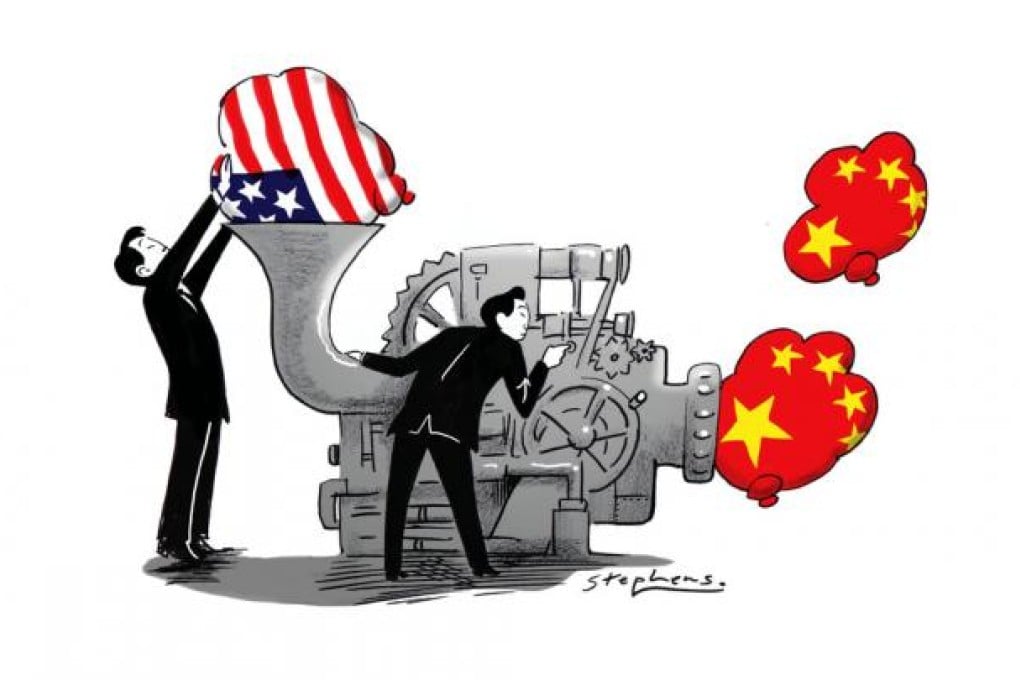What does the 'Chinese dream' really mean?
Patrick Mendis examines how the Communist Party has adapted the slogan that encapsulates America's national ethos and considers how the so-called 'Chinese dream' might be realised

Since the United States' founding in 1776, Americans have considered it an exceptional nation. Chinese, too, view themselves as exceptional with their connection to the celestial empire. Chinese "exceptionalism", however, diverges from the American concept. The political ideology of the US resonates with the Enlightenment values of democracy, freedom and individual rights. Meanwhile, China strives to preserve and perfect its exceptional nature based on the Confucian model of virtues.
These virtues are fundamental to a good society. The US founding fathers admired the Chinese civilisation and Confucian ethics. In his book, The Dragon and the Eagle: The Presence of China in the American Enlightenment, Alfred Owen Aldridge wrote that Benjamin Franklin said "Chinese are regarded as an ancient and highly civilised nation" from which Americans might learn in forming their own civilisation.
For more than 100 years, between the mid-18th and 19th centuries, Sino-US relations prospered, especially through trade links. In essence, the two nations enjoyed a love affair, which was long forgotten by the succeeding generations.
With the new leadership in Beijing, a great revival seems to be under way. While visiting the Road Towards Renewal exhibition at the National Museum, Xi Jinping talked of the "ultimate great rejuvenation of the Chinese nation". This, he said, was "the Chinese nation's greatest dream in modern history".
The phrase "Chinese dream" sparked a scandal on New Year's Day when an editorial in the Southern Weekly was censored. The original text - reportedly titled "China's dream: the dream of constitutionalism" - was revised to read: "We are closer than ever before to our dreams." Instead of calling for constitutionalism to protect individual rights, the heavily revised editorial praised party policies.
So, what is the Chinese dream? Is it the government's interpretation of moderate prosperity for all, or is it the middle-class idea of greater civil rights and freedoms?